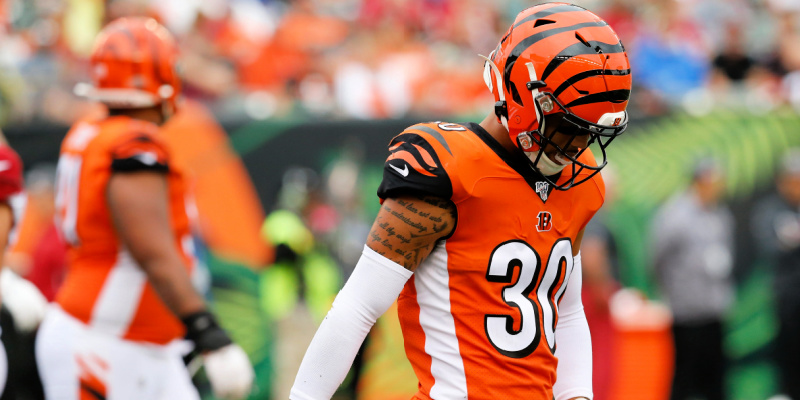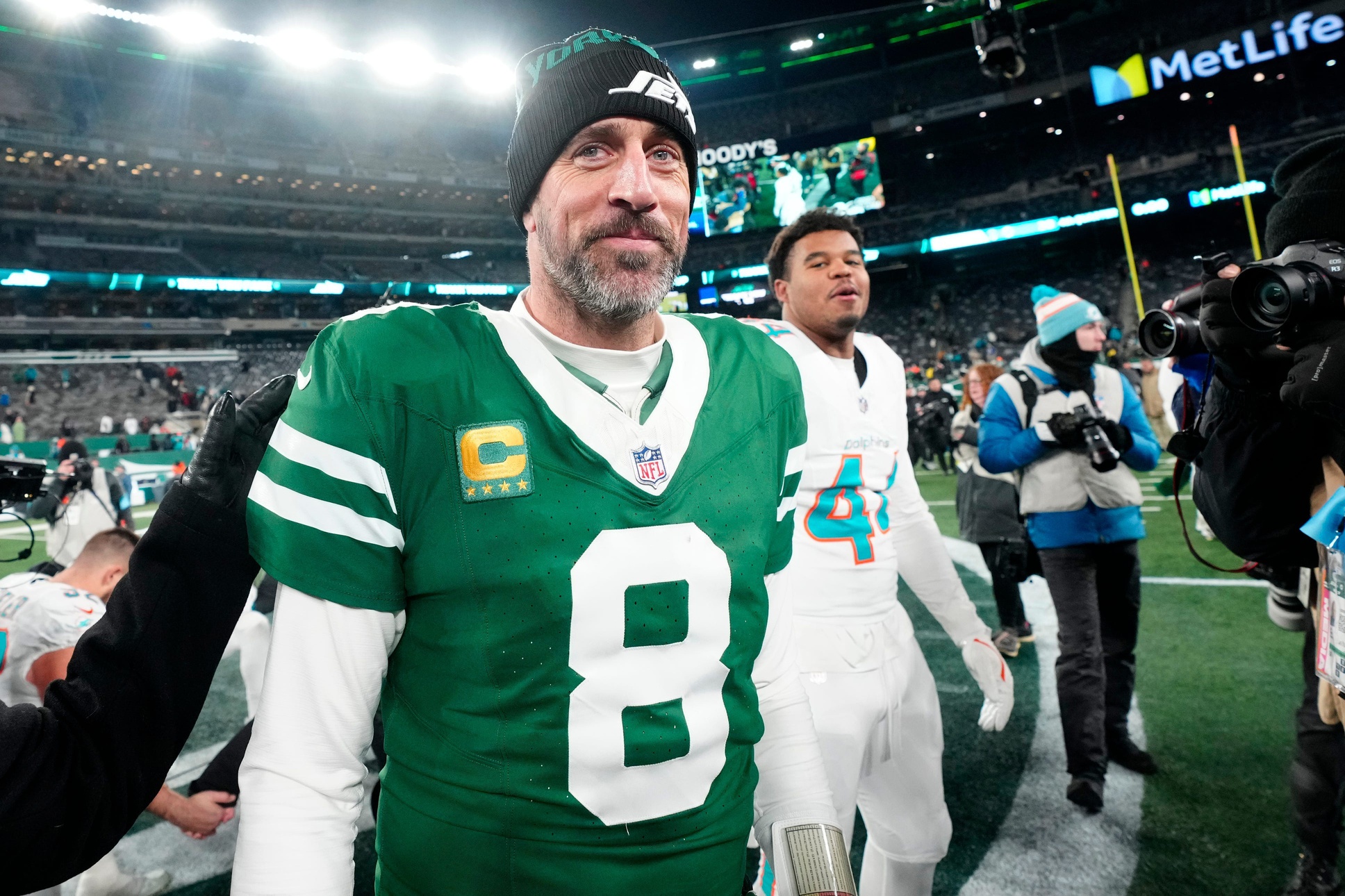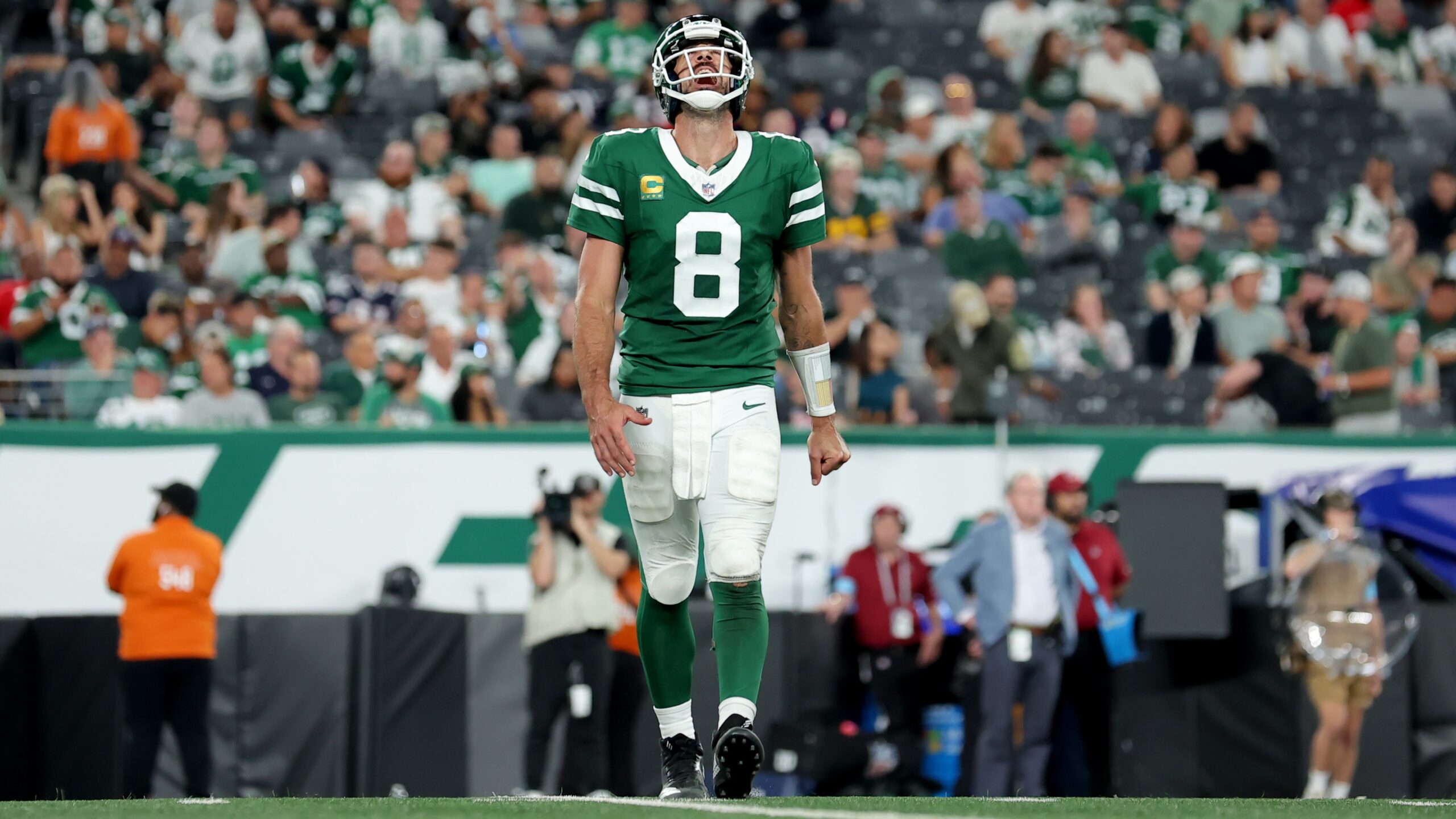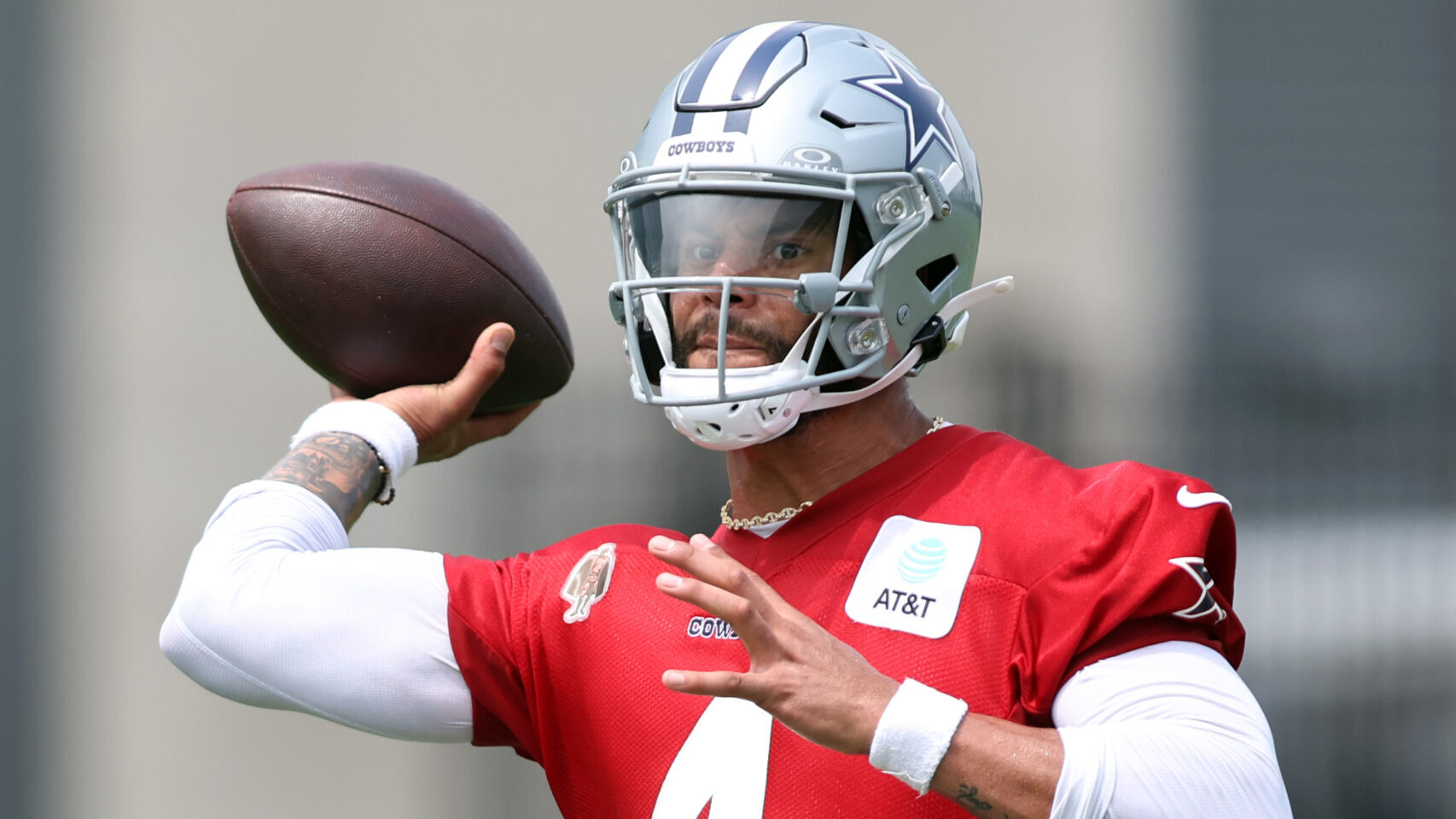Analysis
7/14/22
5 min read
July 15th in the NFL Explained

July 15th marks the franchise tag deadline in the NFL. It serves as the last opportunity for clubs to sign franchise tagged players to long-term extensions. If the two sides cannot reach an agreement by 4 p.m. ET on Friday July 15th, the player will play the season on the franchise tag for his position, and the parties cannot renegotiate until after the end of the regular season.
What is the Franchise Tag?
Franchise tags provide players with a nice payday while granting the team more time to work out a long-term deal. Article 10 of the Collective Bargaining Agreement (CBA) provides that every year each team can designate one impending unrestricted free agent as a franchise player. The franchise tag guarantees the player a one-year contract at the average of the five largest prior year salaries at his position, or 120% of his own prior year salary, whichever is greater.
Players can be franchise tagged more than once, though the price increases considerably each time. If a player receives a second consecutive franchise tag it is guaranteed 120% of his first franchise tag salary, and if tagged a third consecutive time it is 144% of his second franchise tag salary. Franchise tags can either be non-exclusive, which allows the tagged player to negotiate a deal with a new team which the original team can either match or refuse; or exclusive, which bars the tagged player from negotiating with new teams.
Once the player accepts the franchise tender, his salary for the year is fully guaranteed. Eight players were given the franchise tag this season:
- Kansas City Chiefs OT Orlando Brown Jr.
- Cleveland Browns TE David Njoku
- Cincinnati Bengals S Jessie Bates III
- Miami Dolphins TE Mike Gesicki
- Dallas Cowboys TE Dalton Schultz
- Jacksonville Jaguars OT Cam Robinson
- Green Bay Packers WR Davante Adams
- Tampa Bay Bucs WR Chris Godwin
Read More: Exploring the Successes and Failures of the Franchise Tag
Players Tagged
Chiefs offensive tackle Orlando Brown Jr. and Bengals safety Jessie Bates III have both notably opposed the franchise tag. Brown has yet to sign his tag and talks of an extension seem to have stalled. Brown has made it clear that he wants to remain a Chief but has suggested that he would holdout if the team opts to wait on a long-term extension. A long-term deal would be beneficial for the Chiefs, allowing them more cap space to enhance their roster. Also, if Brown has a stellar season, his price will only get higher.
Bates has stated that he has no intention of signing the franchise tag, which would lock him in at $12.9M fully guaranteed for the 2022 season. While the tag price would be a considerable raise for Bates, it pales in comparison to the going rate for top safeties in the league. For example, Minkah Fitzpatrick is making $18.4M per year after his extension. While the Bengals value Bates, it is unlikely they will be willing to make a deal putting him among the highest paid at his position, especially considering they drafted a safety in the first round of this past draft. It seems implausible that Bates and the Bengals will reach an agreement by the deadline, which could result in Bates refusing to attend the start of training camp.
Consequences of Holding Out
However, holding out of training camp is now highly discouraged by the CBA. Per Article 4 section 9 of the CBA any player who willfully fails to report, practice, or play may be required to forfeit signing bonus, roster bonus, option bonus, and or reporting bonus. A player may be required to forfeit 15% of his forfeitable salary if he misses six days after the start of training camp, and an additional 1% for each additional day up to a maximum of 25%. If the player only misses five days or less of training camp, he may not be subject to salary forfeiture.
The tag has become unpopular amongst players, though they do not have a real option to refuse it. While the guaranteed salary for the season is enticing, the tag does not provide players with long-term security. Players essentially have to gamble on making it to another year of free agency. In recent years this has led to resentment towards the team and poor player performance. While teams get to keep star players with minimal negotiating, the fully guaranteed salary of the franchise tag really bites into salary cap space available to them.
Read More: How Do Training Camp Holdouts Affect Performance?
Tag and Trade
Davante Adams was franchise tagged by the Packers, who then traded him to the Raiders. The concept of tagging to trade has become more common in recent years. In this scenario, teams franchise tag a player that would otherwise be in high demand on the open market. Instead of allowing the player to hit free agency where they would not receive compensation in return for him, teams place the franchise tag on the player and trade him for draft compensation. Here, the Packers tagged Adams before trading him to the Raiders in exchange for a first and second round pick in the 2022 draft. The Raiders then signed Adams to a long-term extension giving him the security and the payday he desired.
There are many possible outcomes of using the franchise tag. It will be interesting to see if the tagged players who have yet to sign the franchise tender and their respective teams can reach an agreement by the looming deadline.








